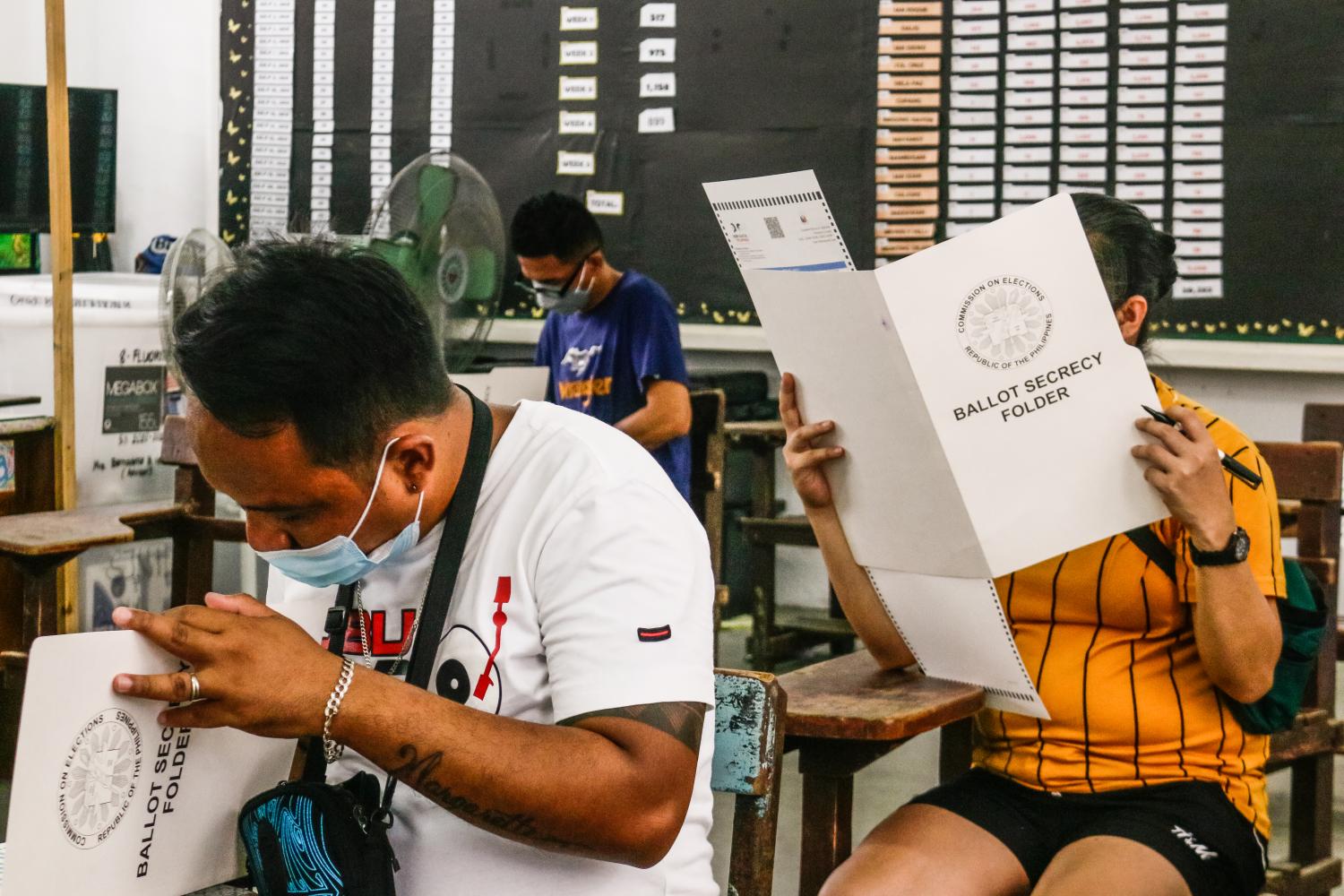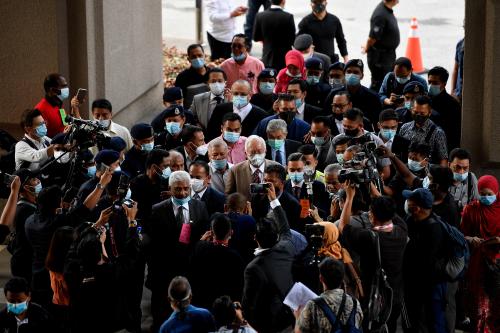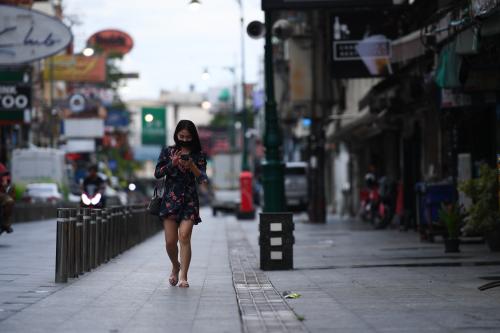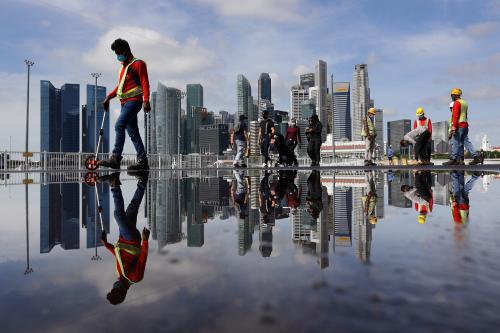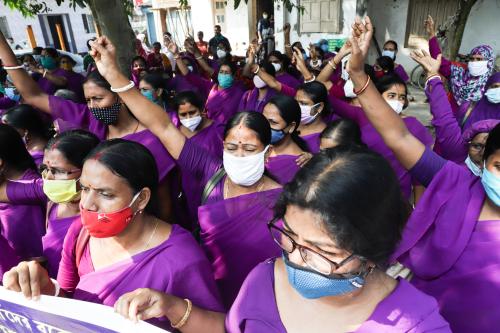An earlier version of Maiko Ichihara’s policy brief included a different screenshot of the most influential Russian accounts on Twitter. This has now been corrected.
As powerful democratic states around the world face increasing strain from an interconnected set of domestic challenges — political, economic, and cultural — as well as uncertainty about American strategy and the implications of emerging technologies, Asia represents a critical frontier for democracy and a major focal point for America’s leadership in the 21st century. As part of the Democracy in Asia initiative, an array of Asia experts from the U.S. and the region produced policy briefs on specific country contexts, with tailored recommendations for managing four of the most acute challenges to democratic governance in the region: corruption, disinformation, inequality, and public health. Many of the stresses on democratic governance in Asia are localized and organic to the countries in question. Similarly, the policy prescriptions advanced through this project are derived from the experiences of democratic governments in Asia.
Corruption
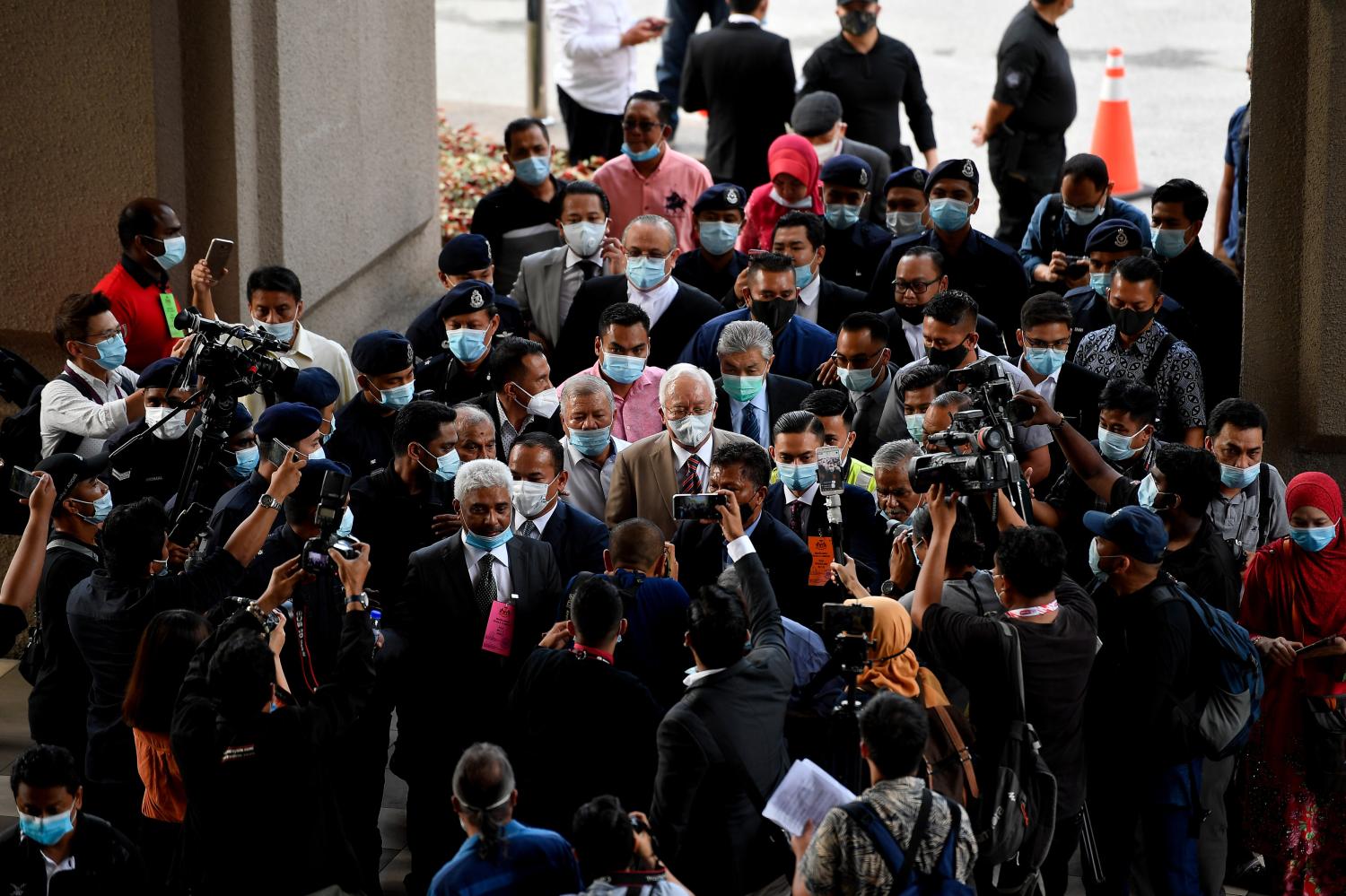
Authors: Thomas Pepinsky, Francis E. Hutchinson, Maria Ela L. Atienza, Hyeok Yong Kwon
Corruption remains a central policy issue for democratic governments in Asia, and the politics of controlling corruption is central to understanding electoral politics and elite political maneuvering.
Disinformation
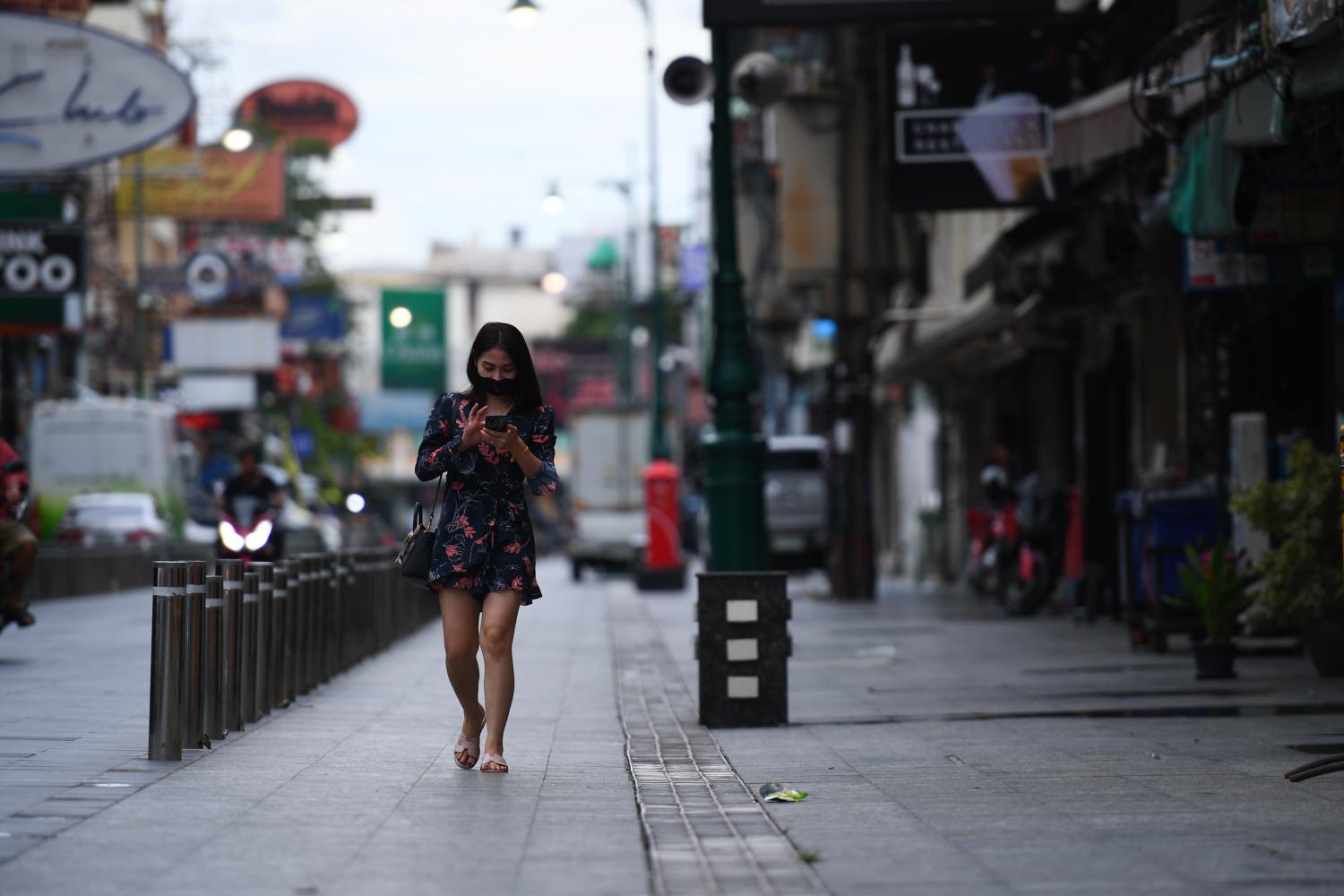
Authors: Jessica Brandt, Maiko Ichihara, Nuurrianti Jalli, Puma Shen, Aim Sinpeng
In Asia and around the world, disinformation campaigns — perpetrated by foreign actors seeking to shore up power at home and weaken their competitors abroad and by domestic actors seeking political advantage — are increasingly putting pressure on democratic societies.
Inequality
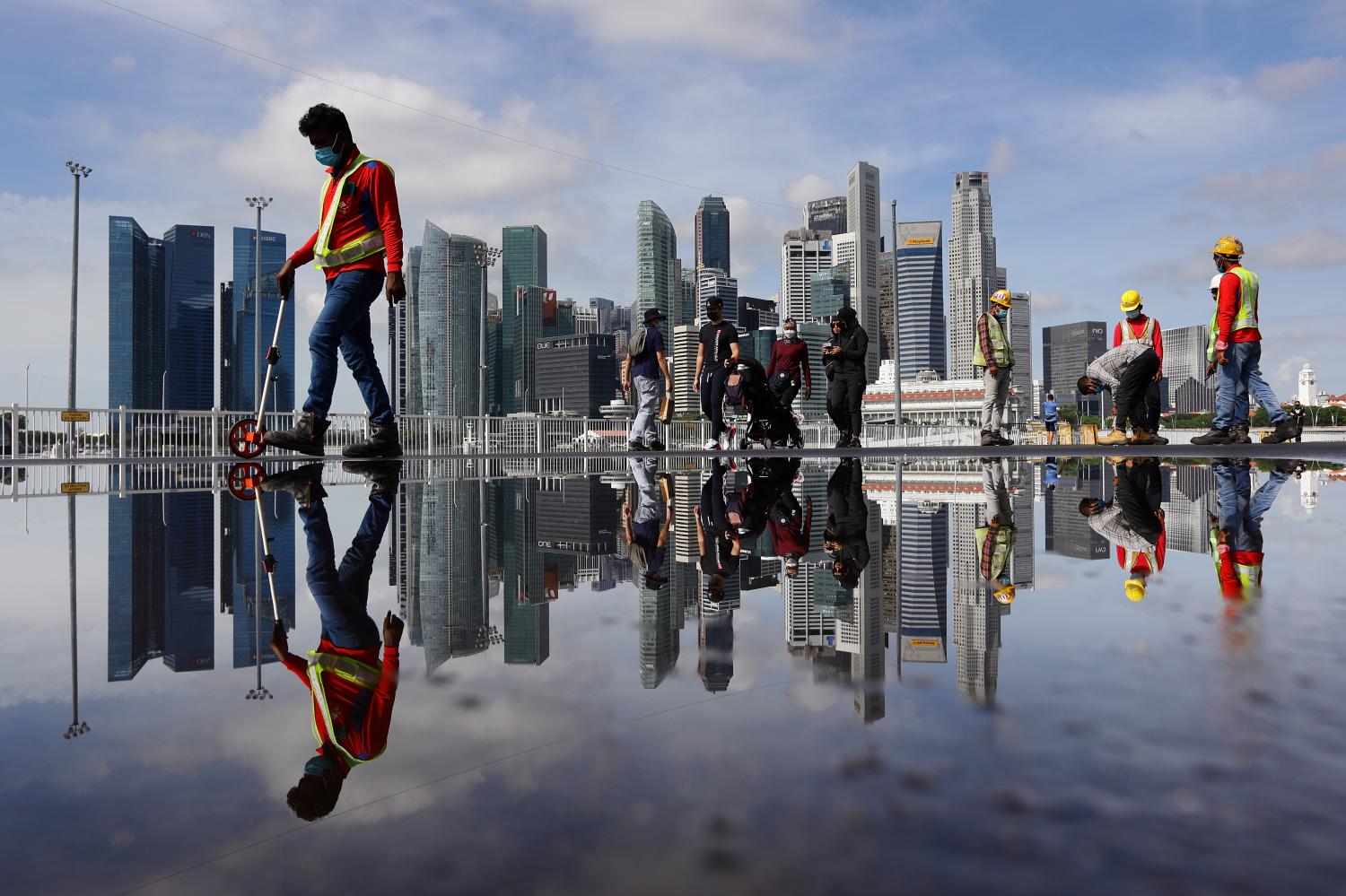
Authors: Andrew Yeo, Teresa S. Encarnacion Tadem, Meredith L. Weiss, Kok-Hoe Ng, Byunghwan Son
A key challenge to democracies in Asia is persistent or rising inequality. The diversity of cases in Asia — characterized by varying levels of economic and political performance — indicates, at best, a complicated relationship between inequality and democracy.
Public health
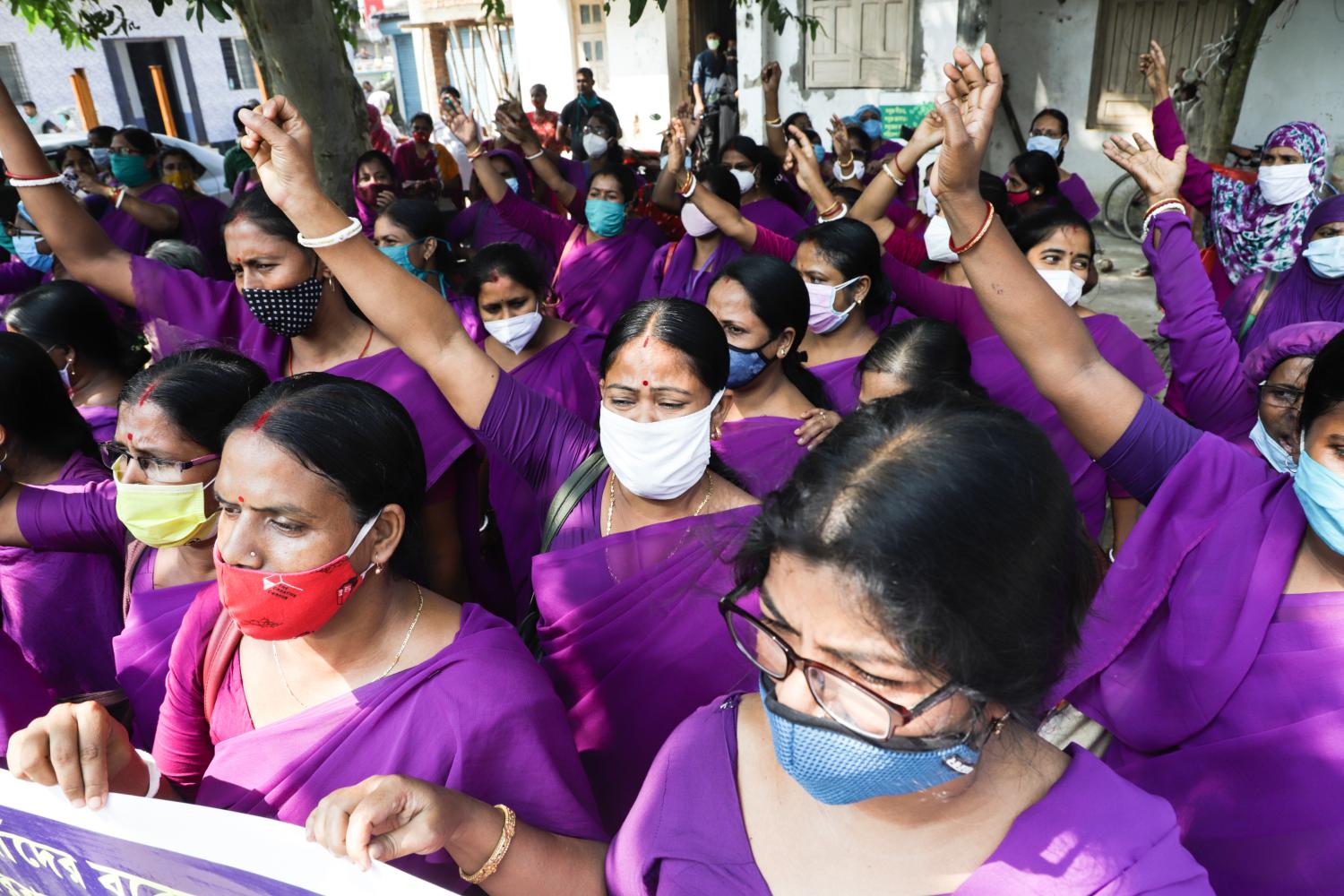
Authors: Syaru Shirley Lin, June Park, Feng-Jen Jean Tsai, Radhika Radhakrishnan, Stephen Duckett, Yasushi Katsuma
While some democracies in the Asia-Pacific garnered global attention for their successful initial responses to the pandemic, questions about how well they have protected democratic values have remained, as well as questions about the sustainability of those responses over time.
The Brookings Institution is committed to quality, independence, and impact.
We are supported by a diverse array of funders. In line with our values and policies, each Brookings publication represents the sole views of its author(s).


